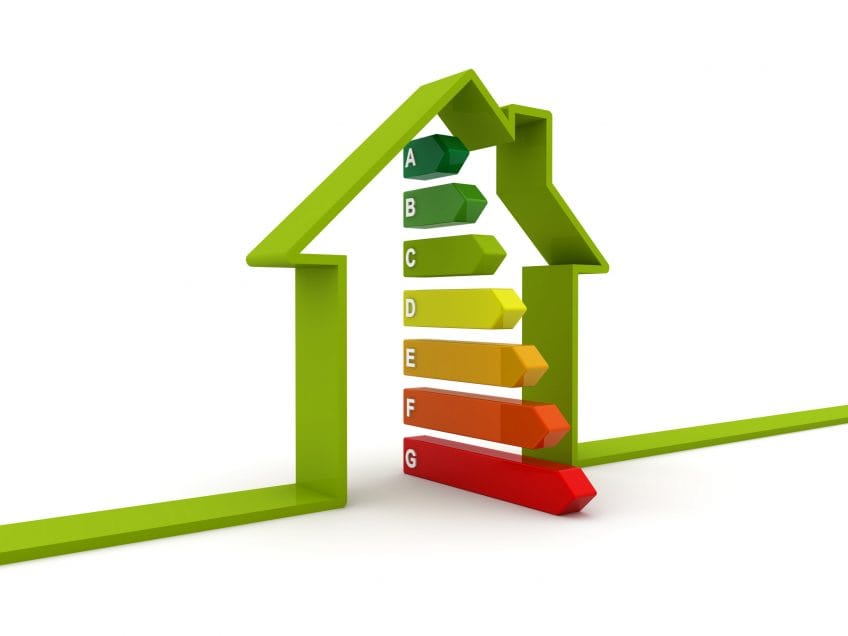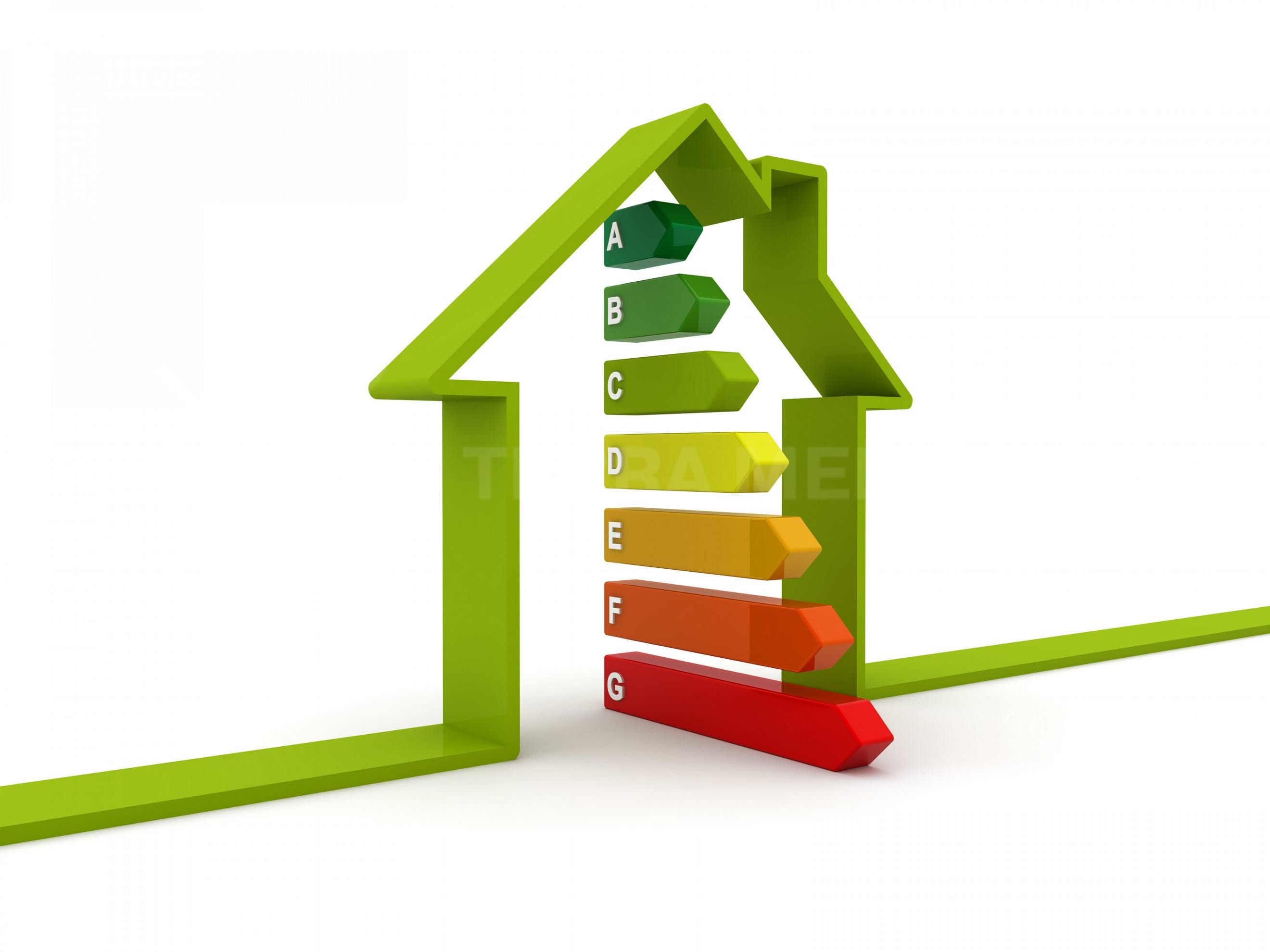
Property News
If you want to sell or rent a property in Spain, you need a CEE
Since mid-2013, owners are obliged to obtain and register energy efficiency certification for any property in Spain before putting it on the market for sale or let, or be subject to fines and possibly unable to complete a sale.

If you are the owner of a property in Spain and are thinking of selling or renting, there’s – unsurprisingly – quite a lot of paperwork to get in order beforehand.
For sellers, that includes copies of the deeds (escritura) or an extract (nota simple) from the Property Registry; receipts that prove municipal property tax (Impuesto de Bienes Inmuebles (IBI), better known as rates in the UK), refuse collection (basura), and, if applicable, community fees (gastos de comunidad) are paid up to date; and an energy efficiency certificate (Certificado de Eficiencia Energética (CEE)).
While those who intend to rent a property are not required to have quite so many pieces of paper, they also need to be in possession of a CEE.
Since June 2013, when Spain passed Real Decreto 235/2013 to comply with the terms of European Union Directive 2010/31/UE, obtaining a CEE has been mandatory for everyone who builds, sells or rents a property anywhere in the country. The law has two goals: to promote energy efficiency and to better inform buyers and users, via the use of objective criteria.
To get a CEE, owners are required to contract a registered technician to produce a report that includes such information as: location and orientation; details about construction; installed energy systems, such as heating and lighting, and projected consumption in kWh/m2 on an annual basis; recommendations for improvements; and a description of the tests carried out to obtain the data. Once issued, a CEE is valid for 10 years.
The first page of a CEE report features a bar chart, similar to those on electronics and white goods, that rates a property’s overall efficiency, in terms of the power it will consume and the amount of CO2 equivalent it produces, on a colour-coded scale of A to G, where A is the most efficient.
Once you have a CEE, you are then required to register it, within a period of one month, with the Andalusian Registry of Energy Certificates, operated by the Junta de Andalucía (the regional government).
In either case, whether you decide to sell or let via an estate agent like us at Terra Meridiana or independently, in accordance with Article 12.2 of the Real Decreto, the property’s energy efficiency rating has to be included in any advertising or promotional materials used in its sale or rental. As a result, owners need to obtain a CEE before starting to market a property, rather than just in time for exchanging or signing contracts.
While there are a few exceptions to the rule, the most relevant for the kind of clients we usually work for is properties that are used for less than four months a year. In this case, owners are not obliged to obtain a CEE. Instead, they have to provide a formal declaration in writing and, upon sale, have to ensure that the notary adds a clause to the deeds that specifies their exemption from the requirement to have a CEE for that reason.
Failure to comply with the law leaves owners at risk of fines ranging from 300-6,000€, depending on the seriousness of the infraction.
By Adam Neale | Property News | November 28th, 2016
Related Posts


